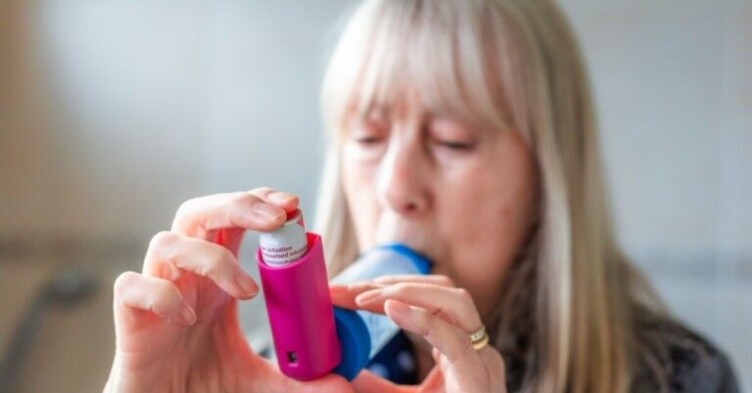Removing screen time in the hour before bed improves the quality of toddler sleep, new research has demonstrated.
Over seven weeks, parents from 105 families in England intervened to prevent toddlers aged 16-30 months interacting with screens in the hour before bed. Reducing screen time led to improvements in sleep quality, including fewer night awakenings, better sleep efficiency, and longer daytime naps. However, the intervention did not have an impact on measures of attention.
The findings, published in JAMA Pediatrics, show that screen time interventions are feasible and can improve sleep in young children.
Related Article: Government to freeze prescription charges for first time since 2022
Poor sleep in early childhood is associated with health issues, developmental delays and behavioural challenges.
Researchers from the University of the Arts London (UAL), Birkbeck, Queen Mary University of London, University of Bath, and King’s College London enlisted families with toddlers aged 16 to 30 months from across London. The trial was conducted between July 2022 and July 2023, and all participants routinely used screens with their children before bed.
The families were randomly assigned families to one of three groups. The first group actively removed screens in the hour before bed and used activities from a bedtime box instead, including reading material and puzzles. The second group used the bedtime box only, with no mention of screen time, and the third group had no interventions and continued as usual.

The researchers measured the feasibility of the interventions, rates of participation, intervention adherence, retention, family experiences, and assessment acceptability. In addition, researchers measured sleep levels using an actigraph, a wearable motion-tracking device and assessed attention using eye-tracking devices.
Parents in the intervention group successfully removed screen time before bed, resulting in improved sleep quality for their toddlers, including more efficient sleep and fewer night awakenings.
Related Article: Safety warning on overuse of SABA inhalers from MHRA
Study lead, Professor Tim Smith from UAL said: ‘Previous correlational studies have shown that the more screen time toddlers have, the worse they sleep. But it was not possible to know if the screen use was causing sleep problems or vice versa. The study provides the first preliminary evidence that removing toddler screen use before bed may lead to better sleep. Further work is required to replicate these effects in a larger number of families.’
The researchers worked closely with parents and early years professionals, including representatives from the Early Years Alliance, National Childbirth Trust, The Sleep Charity, and children’s centre staff, to ensure the programme was inclusive, low-cost and easy to implement.
The results support current paediatric recommendations to remove toddler screen time in the hour before bed and show that removal was both feasible and effective. The researchers say a full confirmatory trial is needed before parents and paediatricians adopt the intervention.
Related Article: Government seeks nurse views to underpin first-ever men’s health strategy
Professor Rachael Bedford, head of the Queen Mary Child Development Lab and co-lead on the project, added: ‘Results suggest the trial was highly feasible for parents, with all of the intervention families completing the trial. However, further work is needed to understand how the varied ways in which families use screen media may influence these effects.’






